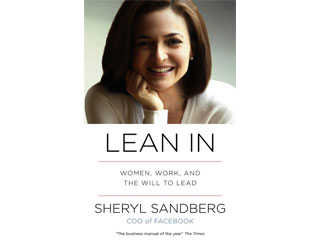What if we were more than just a business looking to sell or lease your home? What if we were an organisation actively involved in all aspects of property for you and your children? How would our organisation treat prospects differently, and what would we be doing to ensure the future of the business in 40 or 60 years time.
What if we gathered knowledge about our customers that enabled us to know when they would be looking to renovate, when they would be upsizing because their kids are now approaching 16,17 and 18, looking to downsize cause the kids have moved out? What if we started sending information to parents when their kids were 10 years old on how they could purchase a property as an investment (almost totally covering the mortgage) and ensure a house deposit for their kids. Interesting? If your business was around for next 50 years, yours than your daughters or sons, what data would you gather now to ensure a relationship that spanned decades?
If I just bought a house from you, I don’t need to know what else is on the market (making me question my recent purchase). But maybe soon, I’ll think about buying an investment property, so why not send me monthly emails with basic to more advanced knowledge about how to take this next big step?
We are living in a world where information and data is abundant. A good first step is to separate your database into a few key categories:
1. Past Purchasers
2. Past Vendors
3. Buyers (met in the last year)
4. Appraisals/Home Owners
Each person in these groups needs different information from you to be relevant to them. Set up these groups, and then setup simple email newsletters targeting each group.



